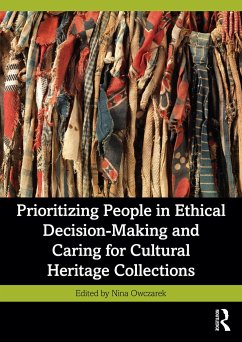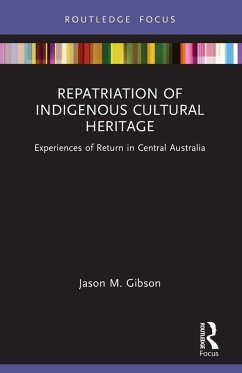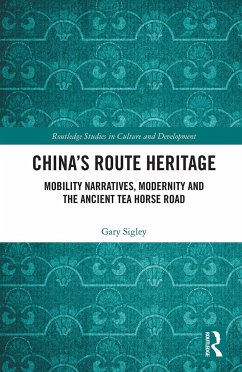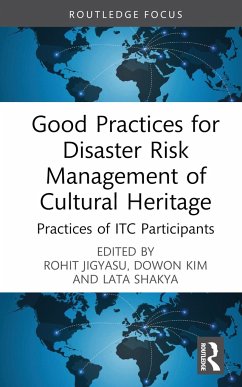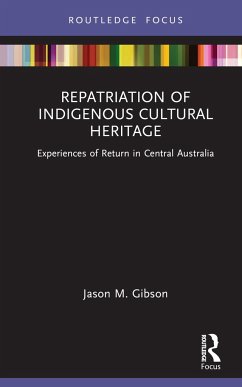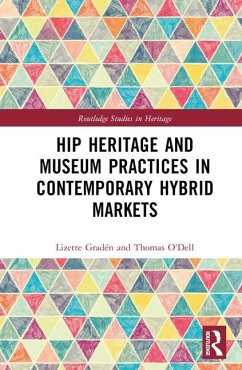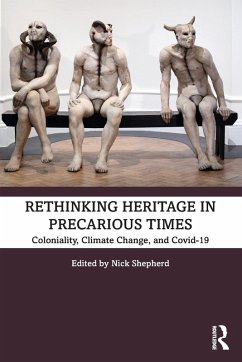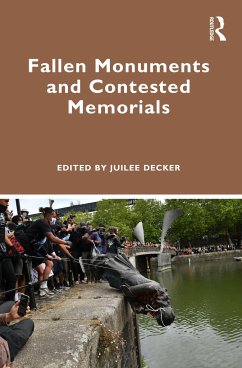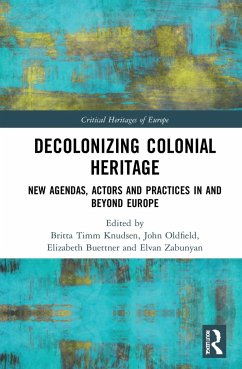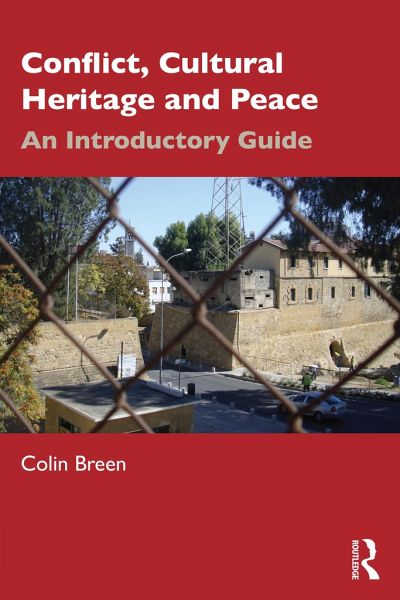
Conflict, Cultural Heritage and Peace
An Introductory Guide
Versandkostenfrei!
Versandfertig in 6-10 Tagen
43,99 €
inkl. MwSt.
Weitere Ausgaben:

PAYBACK Punkte
22 °P sammeln!
Conflict, Cultural Heritage and Peace offers a series of conceptual and applied frameworks to help understand the role cultural heritage plays within conflict and the potential it has to contribute to positive peacebuilding and sustainable development in post-conflict societies.Designed as a resource guide, this general volume introduces the multiple roles cultural heritage plays through the conflict cycle from its onset, subsequent escalation and through to resolution and recovery. In its broadest sense, it questions what role cultural heritage plays within conflict, how cultural heritage is ...
Conflict, Cultural Heritage and Peace offers a series of conceptual and applied frameworks to help understand the role cultural heritage plays within conflict and the potential it has to contribute to positive peacebuilding and sustainable development in post-conflict societies.
Designed as a resource guide, this general volume introduces the multiple roles cultural heritage plays through the conflict cycle from its onset, subsequent escalation and through to resolution and recovery. In its broadest sense, it questions what role cultural heritage plays within conflict, how cultural heritage is used in the construction and justification of conflict narratives, how are these narratives framed and often manipulated to support particular perspectives, and how we can develop better understandings of cultural heritage and work towards the better protection of cultural heritage resources during conflict. It moves beyond the protection paradigm and recognises that cultural heritage can contribute to building peace and reconciliation in post-conflict environments. The study offers a conceptual and operational framework to understand the roles cultural heritage plays within conflict cycles, how it can be targeted during war, and the potential cultural heritage has in positive peacebuilding across the conflict lifecycle.
Conflict, Cultural Heritage, and Peace offers an invaluable introduction to cultural heritage at all stages in conflict scenarios which will benefit students, researchers and practitioners in the field of heritage, environment, peace and conflict studies.
Designed as a resource guide, this general volume introduces the multiple roles cultural heritage plays through the conflict cycle from its onset, subsequent escalation and through to resolution and recovery. In its broadest sense, it questions what role cultural heritage plays within conflict, how cultural heritage is used in the construction and justification of conflict narratives, how are these narratives framed and often manipulated to support particular perspectives, and how we can develop better understandings of cultural heritage and work towards the better protection of cultural heritage resources during conflict. It moves beyond the protection paradigm and recognises that cultural heritage can contribute to building peace and reconciliation in post-conflict environments. The study offers a conceptual and operational framework to understand the roles cultural heritage plays within conflict cycles, how it can be targeted during war, and the potential cultural heritage has in positive peacebuilding across the conflict lifecycle.
Conflict, Cultural Heritage, and Peace offers an invaluable introduction to cultural heritage at all stages in conflict scenarios which will benefit students, researchers and practitioners in the field of heritage, environment, peace and conflict studies.





